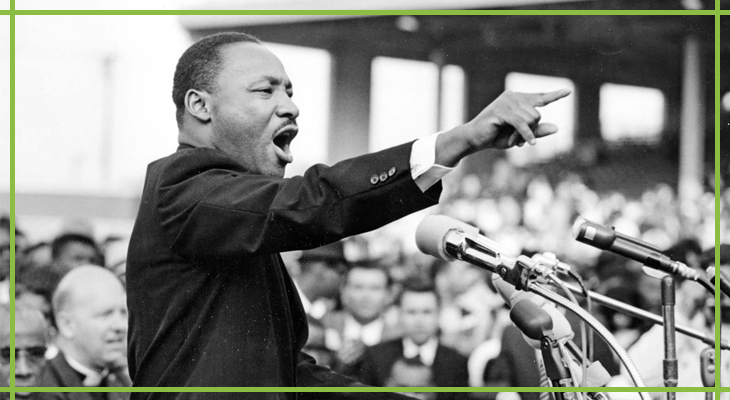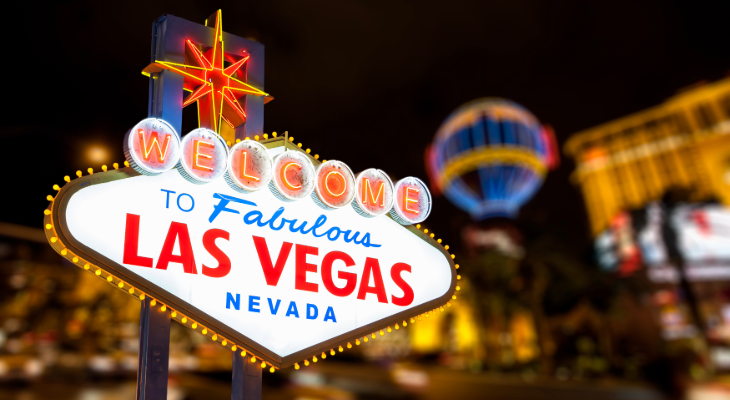Celebrated the 3rd Monday in January, MLK Jr. Day commemorates the birth, life, and legacy of civil rights leader and champion, Martin Luther King Jr. Born January 15, 1929, Martin King Jr. was a third-generation Baptist preacher, who grew up in Atlanta, Georgia. When he was fifteen, he was admitted to Morehouse College, and studied medicine, law, and ministry. After graduating from Morehouse in 1948, he went on to receive a Bachelor of Divinity from Crozer Theological Seminary in Chester, Pennsylvania in 1951, followed by a doctoral degree in Systematic Theology from Boston University in 1955. Martin Luther King Junior’s seminary studies strongly influenced his philosophy of non-violence, as did Mohandas Gandhi. From 1955-1968, Martin Luther King Junior, became a leading advocate of social change against racial segregation, poverty, and international conflict. He was a committed proponent of civil rights, economic justice, and racial equality for all people. A skilled orator, community builder, and grassroots organizer, Dr. King’s embodiment of the Five Practices of Exemplary Leadership can be found throughout his life and works.
“I have decided to stick with love. Hate is too great a burden to bear.”
In 1955, he was recruited to serve as spokesperson for the Montgomery Bus Boycott, a 381-day protest that led to the desegregation of transportation. Dr. King continued to model the way over the next 13 years with non-violent protests, sit-ins, and marches, actions that led to his arrest 29 times, and paved the way for the passage of the Civil Rights Act of 1964 and the Voting Rights Act of 1965.
“Everybody can be great…because anybody can serve. You don’t have to have a college degree to serve. You don’t have to make your subject and verb agree to serve. You only need a heart full of grace. A soul generated by love.”
Dr. King had a vision for a beloved community where injustice ceases, and love prevails. Community was the key to achieving this goal, and Dr. King enabled others to act and encouraged the heart to unite people to the cause of justice and equality. The March on Washington in 1963 drew over a quarter-million people and the Montgomery Bus Boycott had near universal support from the Black citizens. Dr. King recognized the power of togetherness and the strength that comes from collaboration.
“We have before us the glorious opportunity to inject a new dimension of love into the veins of our civilization.”
Between 1965 and 1968, Dr. King expanded his shared vision and was a staunch supporter of economic justice. He rallied people across races and economic status to form the “Poor Peoples Campaign” to work toward economic change and equitable distributions of wealth.
“Change does not roll in on the wheels of inevitability but comes through continuous struggle.”
While today, Dr. King is remembered as one of the most influential leaders for non-violence and social change of the modern era, his asking of very tough questions, and expansive and innovative thinking, challenged the process, and was considered radical for disturbing the status quo. Dr. King’s Letter from the Birmingham Jail challenged those who saw themselves as allies to anti-racist work, calling them in to do and be better. Dr. King knew that change requires courage, and struggle, and commitment, but that a more loving and just world was possible.
People and communities throughout the United States honor this day through acts of service, community advocacy and empowerment, and working for equity and justice. On January 16, 2023, and every day, how will you be inspired by Dr. King’s legacy? What ways will you seek to evolve as a leader and change agent?







